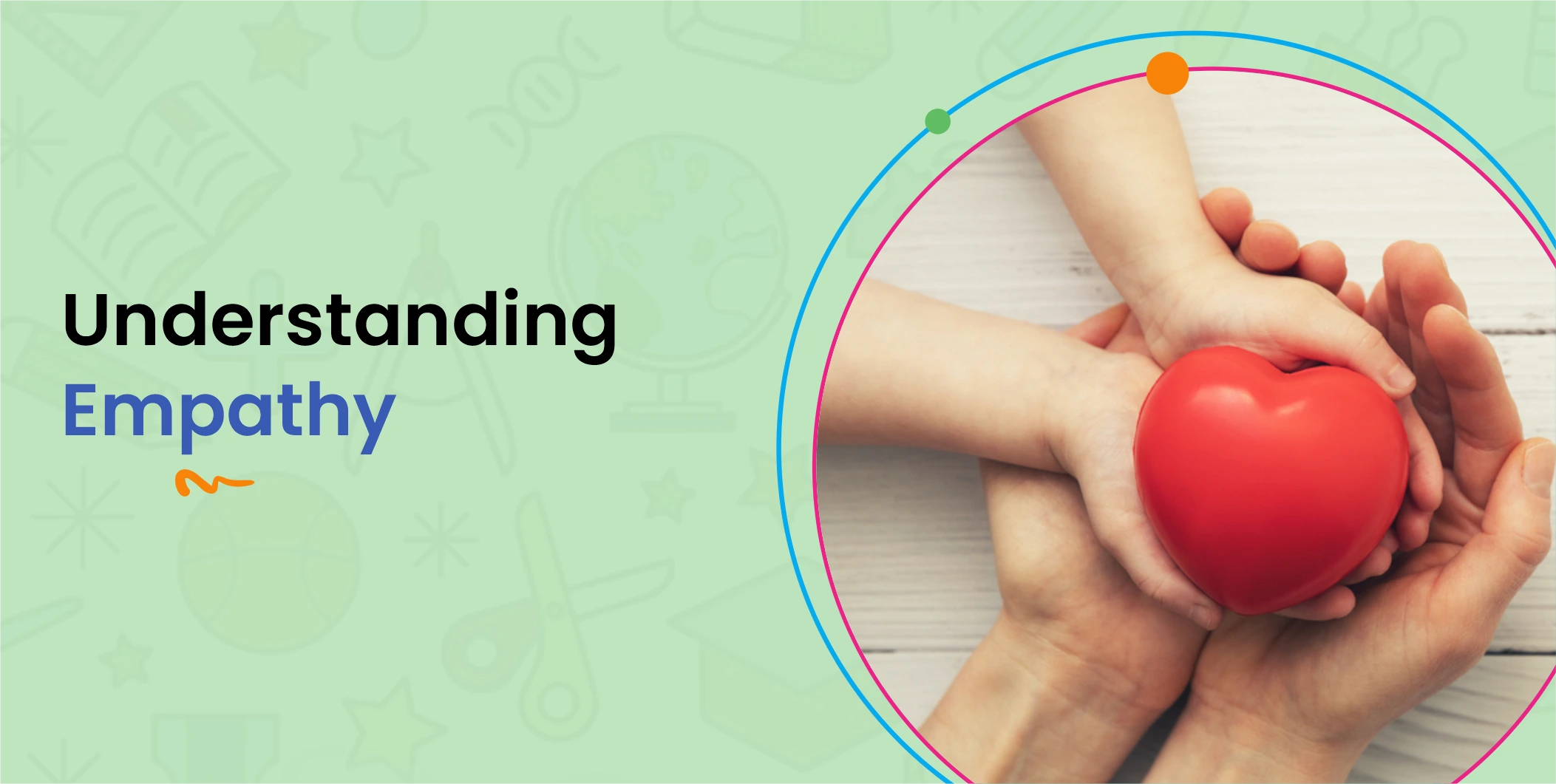In recent times, empathy has been making the rounds amongst scholars, philosophers, and intellectuals regarding its imperative existence for the holistic development of a functional individual of society. It has been a stated fact based on research and studies that empathy gives way to a healthy individual who is capable of staying calm under pressure and making responsible decisions; it is the ability to empathise with others and diffuse conflict. So, what exactly is empathy?
Empathy has been defined to be the characteristic which enables one to step into another’s shoes, trying to understand their feelings and where they’re coming from. We then use that information and understanding of another, to guide our actions. Adam Smith, the father of economics, formulated empathy to be “changing places in fancy with the sufferer”. Even the father of economics, best known for emphasizing self-interest as the lifeblood of human economy had a clear understanding that the concepts of empathy and self-interest don’t conflict.
If you really think about it, humans are constantly interacting with their environment using empathy as the key tool. It is the empathy of an individual that defines their kindness, love, animosity, etc. Where exactly did this trait come from in the long line of our evolution? The capacity most likely evolved because it serves our ancestors in more ways than one. The first would be that the evolving human, like every mammal, needed to be sensitive to the needs of its offspring. Second, our species depended on cooperation which means that taking care of one another was a matter of enlightened self-interest. Conjectures have been further backed by science and facts. The old view that we are self-interested creatures has been gently moved aside by the long arm of science which shows evidence that we are also homo empathicus i.e., we are genetically wired for empathy, social cooperation, and mutual aid.
Neuroscientists have made breakthrough discoveries in this field over the last decade by identifying a 10-section ‘empathy circuit’ in our brains which, if damaged, can curtail our ability to understand what the other people are feeling. Evolutionary biologists like Frans de Waal have shown that we are social animals who have naturally evolved to care for one another. Psychologists have also revealed that we are primed for empathy by strong attachment relationships in the first two years of our life.
Luckily, recent discoveries have also shown that empathy doesn’t stop developing in our childhood. That it is a trait we can nurture throughout our lives, using it as a radical force for social transformation. The tools used to nurture empathy have been found to be stories, one of the quickest ways of practicing putting yourself in another’s shoes. This is precisely why, we at instrucko, have chosen the story-telling format to teach your child languages of not just the tongue, but also of a subtler consciousness.

